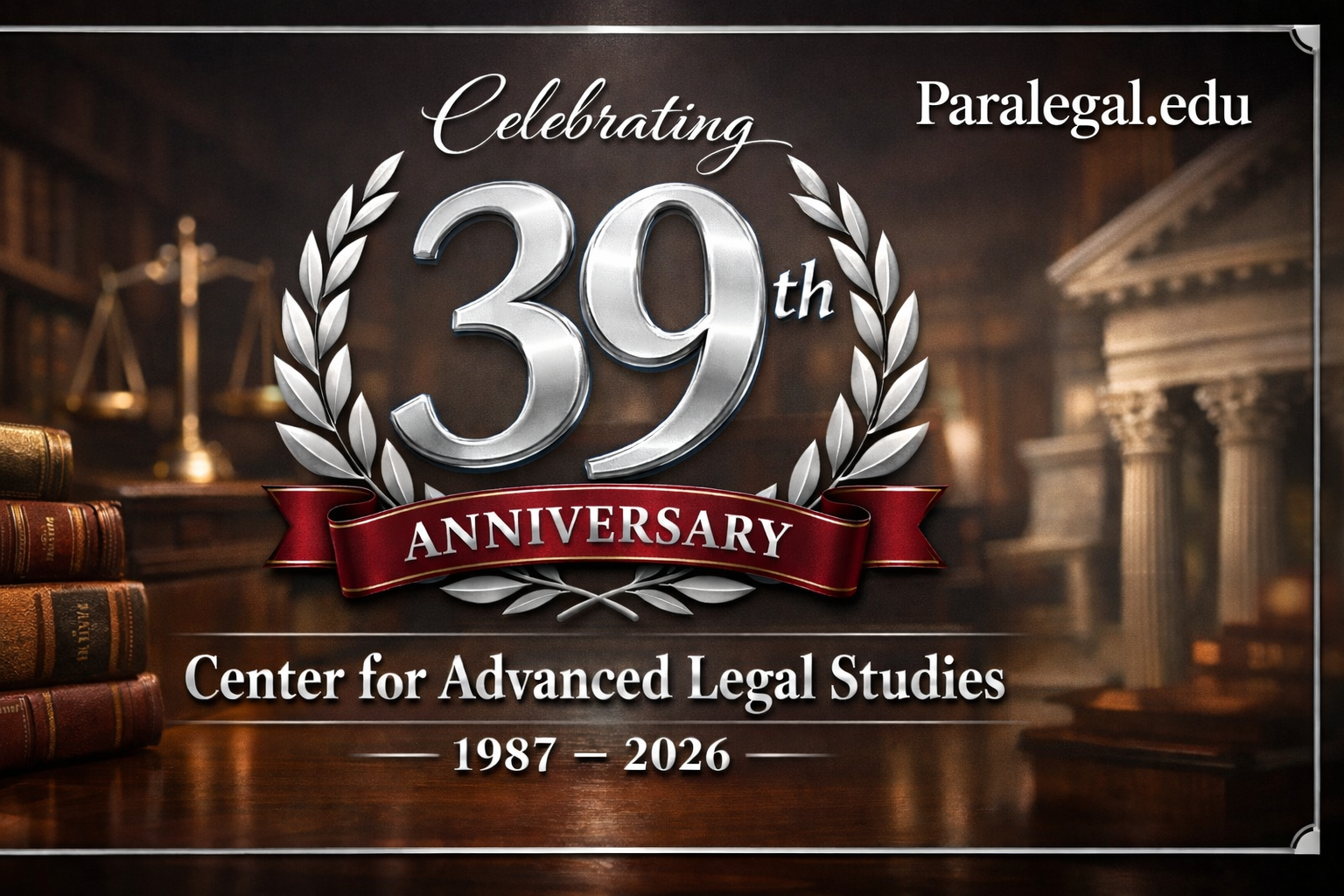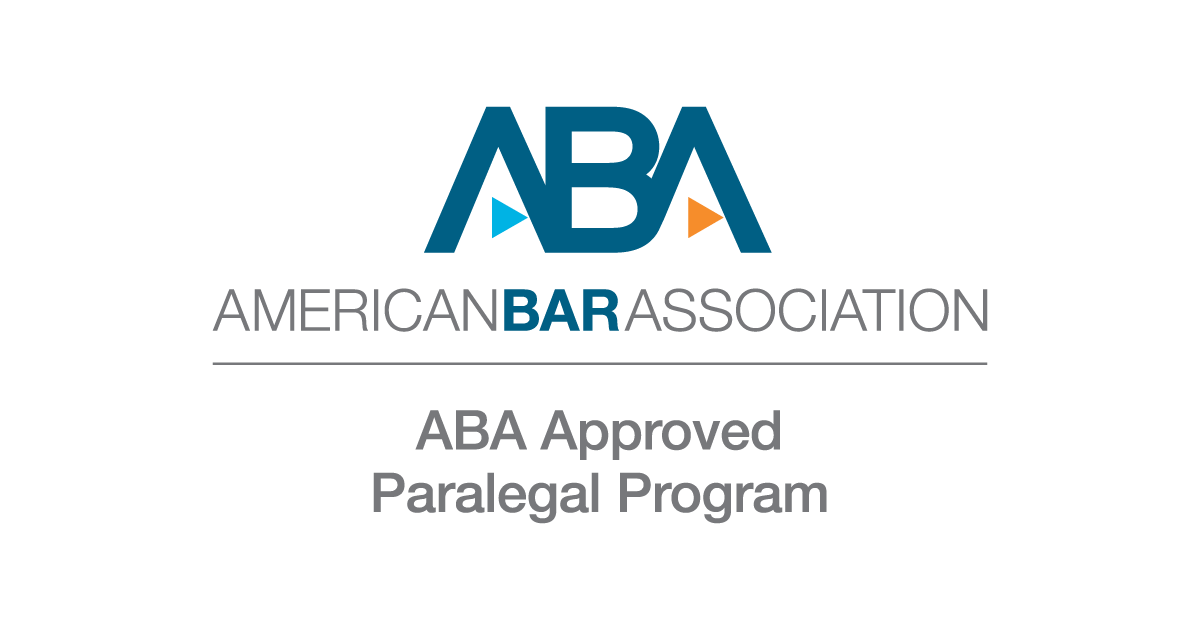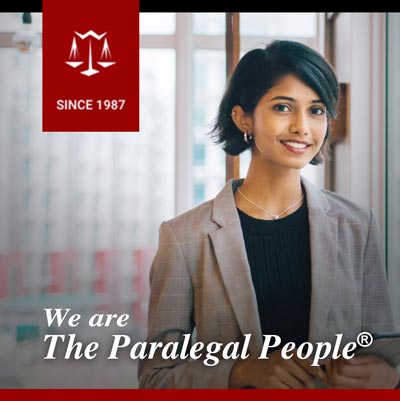The paralegal profession relies heavily on communication. Writing competency for those who enter the profession is essential. Paralegals gather information and prepare a wide range of documents required to support, verify and complete a variety of legal transactions. Everything they draft – every correspondence they send – must be specifically tailored in a comprehensive and informative way that leaves no room for misrepresentation.
Law firms place a high value on writing skills when hiring paralegals, so it is common practice for a writing test to be requested during the interview phase. A writing test will typically measure a candidate’s ability to:
- Properly format sentences and paragraphs clearly and concisely
- Employ rules of grammar, punctuation and correct spelling
- Translate thoughts into sentences within a set time frame
Take note! There is a perceived relationship between poor writing and ability. Many firms I work with tell me they find a high correlation between how a candidate scores on the pre-employment writing test and how well they are able to perform on the job. Sloppiness in writing, misspellings and bad grammar will raise concerns about competency and impact the way a paralegal is viewed.
A few errors may seem minor, but hiring managers notice!
It can be damaging for any type of legal communication to have errors, even small ones. Not only do they diminish the message, but the consequences can expose law firms to risks well beyond a poor first impression. Bad writing can result in lost clients, overturned cases and even court reprimands. Paralegals spend much of their time writing: drafting emails, letters, briefs, memorandum, agreements, resolutions, motions, contracts and many other legal forms that are both simple and complex. Hence, good writing skills are a valuable asset and significant to a paralegal’s success. Paralegals must display a high standard of competency in this area and write to the level expected from the legal industry.
My advice – hone your skills. Good writers are seen as credible, competent and reliable. Continually work to improve your writing techniques and your vocabulary. Paralegals who master the art of writing accurately and precisely set themselves apart from peers and coworkers and are better positioned for more lucrative roles and career advancement.
To improve, practice using the C’s of effective communication and write according to the following principles:
 Clarity – use structured, meaningful sentences with simple and familiar words
Clarity – use structured, meaningful sentences with simple and familiar words- Completeness – include relevant facts; check for the five W’s (who? what? where? why? when?)
- Conciseness – avoid lengthy legal phrases, wordy expressions and redundancy
- Concreteness – choose words that are clear and active
- Consistency – follow correct formatting guidelines for the document
- Continuity – organize and connect ideas in an orderly fashion and a logical sequence
- Correctness – consider grammar, punctuation, tense, spelling, citation format and legal authority
- Courtesy – be sincere, honest and tactful
- Consideration – emphasize the positive and write with the perspective of readers in mind
Learning to write effectively is an essential building block of any paralegal training program and can help you stay on top in a competitive market. If you are pursuing a Paralegal Certificate at Center for Advanced Legal Studies or elsewhere, and haven’t yet earned a degree, consider enrolling in our Associate of Applied Science Degree Paralegal Program. Our paralegal degree program includes the added benefit of English Composition I and II and general education courses that can help improve your communication skills and writing abilities.
Want to enhance your career opportunities in the paralegal profession? Center for Advanced Legal Studies has specialized in the education and training of paralegals since 1987. Our paralegal courses are offered in classroom settings and online. Contact us today to apply and schedule a consultation!
P.S. Did you know that while preparing this blog about “good writing” I experienced a bit of distress surrounding my own use of the C’s? Did I have the Write Stuff? I invite your comments!
Director of Outreach and Career Services
Tami has an extensive and varied professional background that spans criminal justice, paralegal education, and international school marketing and communication. Her career has been guided by a focus on developing strategic partnerships that facilitate school growth and student opportunities. She holds a Bachelor of Science in Degree in Criminal Justice from Texas State University.






